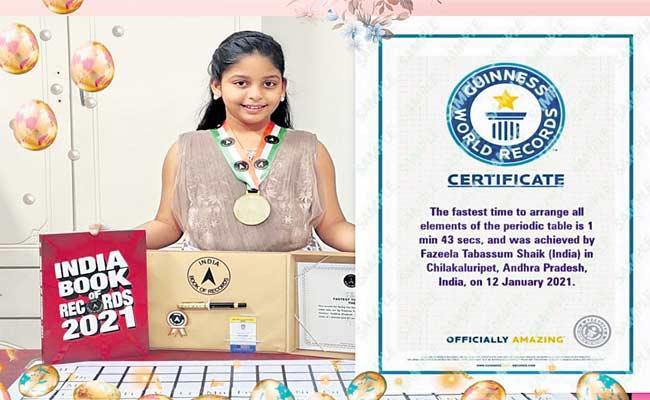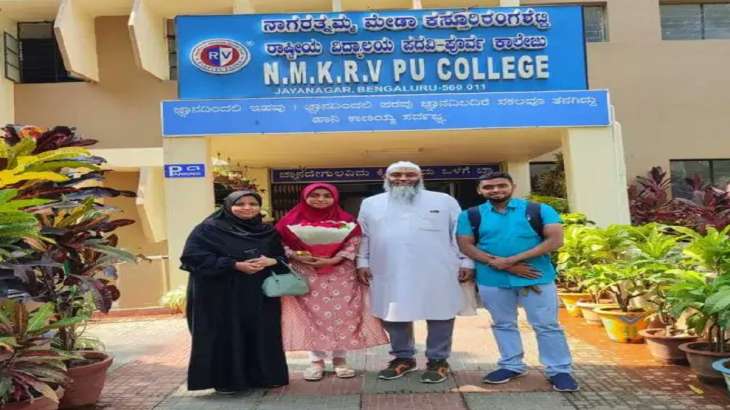Jaipur, RAJASTHAN:
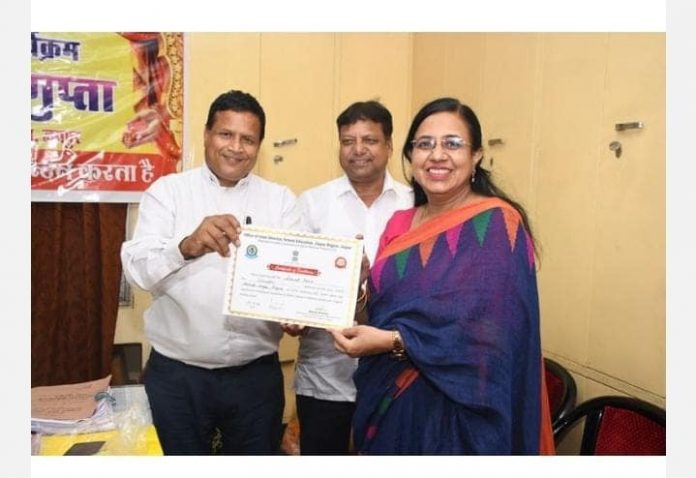
Jaipur:
A Muslim woman Principal of Mahatma Gandhi Government English Medium School in Jaipur has scaled new heights in educational excellence with her innovations, which have led to the inclusion of her school in the Rajasthan government’s pilot project for complete digitalisation programme. The school headed by her is among the first 11 institutions in the state which have been digitalized for their operations.
The new English medium co-educational schools named after Mahatma Gandhi have been opened by the Rajasthan government in all districts of the state as part of an ambitious drive to give the students a level playing field to enable them to compete with the elite private schools. These flagship schools are an attraction for the public at large in view of low cost of education and an assurance for upward social mobility with the proficiency in English.
Sarwat Bano, serving as Principal of Mahatma Gandhi Government School, Adarsh Nagar, Jaipur, for the last four years, has taken steps to impart quality education to underprivileged children and empowered them with knowledge and skills. Under her leadership, the school has progressed so much that the number of applications received for admissions at the beginning of each academic session are many times more than the seats available.
Since the school functioning in the same building earlier was a girls’ Hindi medium institution, which was converted into the Mahatma Gandhi Government School in 2019, the English medium was introduced first for the class VI students. This first English medium batch of students appeared in the State Board of Secondary Education’s X class examination this year and came out with flying colours. The school’s result for the Board exam was an impressive 96.25% pass percentage.
Bano, 53, has played multiple roles while bringing laurels to her schools and guided her colleagues as a Master Facilitator at the State Resource Group in the Rajasthan Leadership Academy at Goner, Jaipur, functioning under the State Institute of Educational Management and Training (SIEMAT). Her efforts for improvement of academic standards and skill development of students have been widely acclaimed.
As part of the digitalisation of operations, Bano’s school is set to get a new and robust infrastructure, sponsored by an educational technology company with its corporate social responsibility (CSR) fund, for e-education, smart classes, virtual reality lessons, robotics lab and information communication technology lab. The similar digital education facility, approved by the Rajasthan School Education Council, is being provided to nine other schools in Jaipur district and one in Rajsamand district.
The State government’s Education Department has shifted teachers from the pool of its regular academic staff who were willing to join the Mahatma Gandhi Schools to create a separate cadre of English medium teachers. Private teachers have also been appointed as the guest faculty to overcome the shortage of teachers. The schools have been adding one class every year to accommodate the promoted students.
Bano’s salutary initiative to introduce an English language proficiency programme for underprivileged children of all communities through a unique microscholarship scheme during the COVID-19 pandemic, for which she invited the U.S. Embassy’s Bureau of Education and Cultural Affairs to her school, has won her all-round praise. The programme has met with encouraging results. Incidentally, Bano has an educational background of chemistry, as she completed her post-graduation and M.Phil. in that subject.
The English access microscholarship programme has sought to strengthen the foundation of language skills among the selected students and enable them to avail of educational and employment opportunities in future. The children selected for the initiative were in the age group of 13 to 16 years. They learnt the linguistic skills with distinction and were later felicitated at a “graduation ceremony”.
After being taught in an online mode for more than a year, the students joined the after-school physical classes and intensive sessions in March 2022. The programme, implemented through New Delhi-based Learning Links Foundation, adopted a communicative approach to teaching English, infusing a spirit of participatory learning among the children and helping them groom their personalities. The students also attended the regular school for VIII to X classes.
Bano said the students selected for the programme had excelled in extra-curricular activities, with an all-round development visible in their personality, and they were winning awards in various other competitions as well. “Our students have developed confidence to overcome the impediments and improved their writing and speaking skills as well as critical thinking. Such a project is the need of the hour because students of government schools, coming from poor background, face language barriers,” she said.
American Embassy’s Regional English Language Officer Ruth Goode, accompanied by specialist Rachna Sharma, visited the Mahatma Gandhi School before the launch of physical classes. Goode interacted with the students and obtained their feedback, while informing them of the scope for studying in the U.S. through the exchange programmes.
The students trained in the programme will later be selected for attending the South Asian meets, where they will be exposed to the educational atmosphere in India’s neighbouring countries. The global microscholarship programme is operative in as many as 90 countries, where an assistance is provided for development of curriculum, textbooks and English as a Foreign Language (EFL) teaching methodology.
The learning material provided to the students in Mahatma Gandhi School laid emphasis on content creation by writing unified paragraphs, developing vocabulary with the talks about hobbies, interests and people, using visuals to support comprehension, identifying sequence of events, asking questions and understanding the cause and effect of natural phenomena. The science of fun, wonders of the sea, long ago and today and “good idea” were some of the lessons taught to the selected students.
The State government has recently honoured Bano with a “certificate of excellence” in recognition of her leadership skills, tireless efforts and valuable role in building the foundation of children’s future in the school. The Joint Director, School Education, signed the certificate presented to the Principal on July 25. Muslim organisations of Jaipur, including the Association of Muslim Professionals, have also praised her educational innovations.
Bano told India Tomorrow that she was inspired by the Muslim woman from Tunisia, Fatima Al-Fihri, who had founded the world’s first university, the University of Al-Qarawiyyin, in Morocco more than 1,000 years ago. “If a Muslim woman in the 9th century could have the vision for promoting education in her community, nothing stops the women today from taking similar initiatives with the help of modern technology,” Bano said.
Bano shared an anecdote about a class IX girl student of her school, who was given the responsibilities held by the Principal for a day on International Women’s Day on March 8 as a fun activity. The student, Pragya Patel, played the role with perfection and said at the end of the day that she desired to become a Principal in future. “Her reaction made me think that if only one initiative can help a student in having a clear vision about her career, then we should continue to take such innovative steps in future as well,” she said.
source: http://www.indiatomorrow.net / India Tomorrow / Home> Education / by The Correspondent, IndiaTomorrow.net / September 19th, 2023

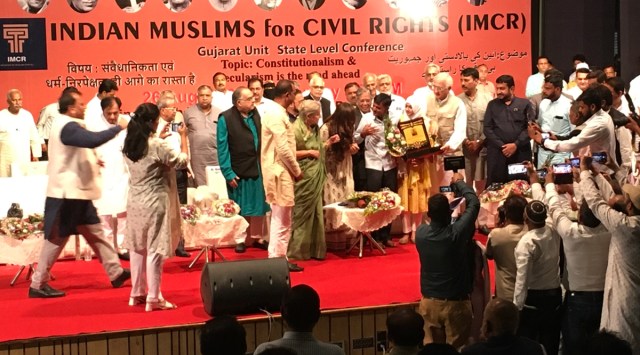
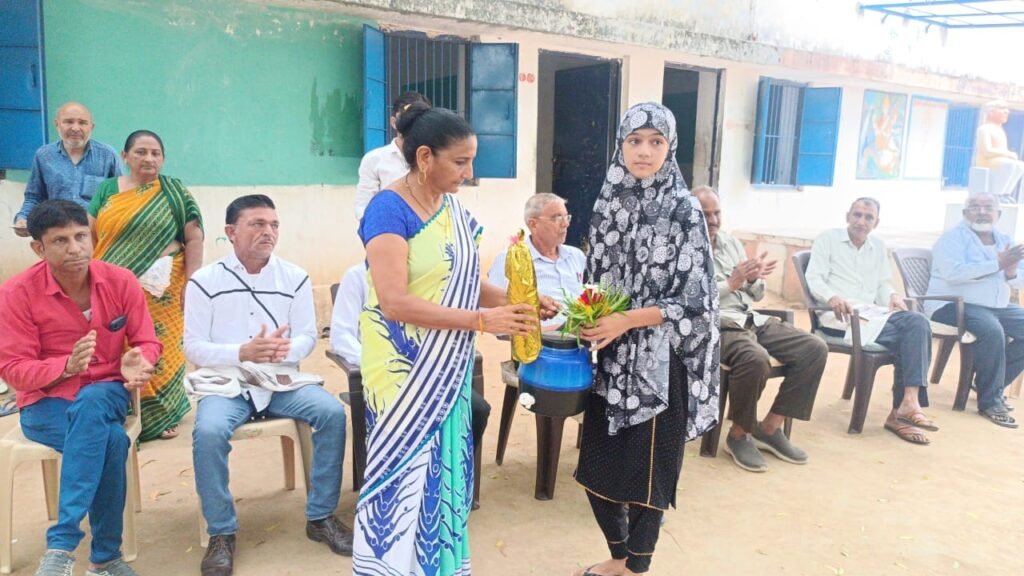
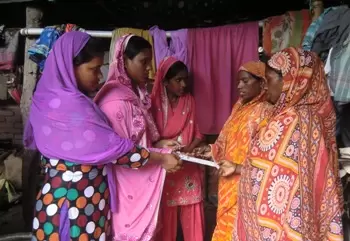
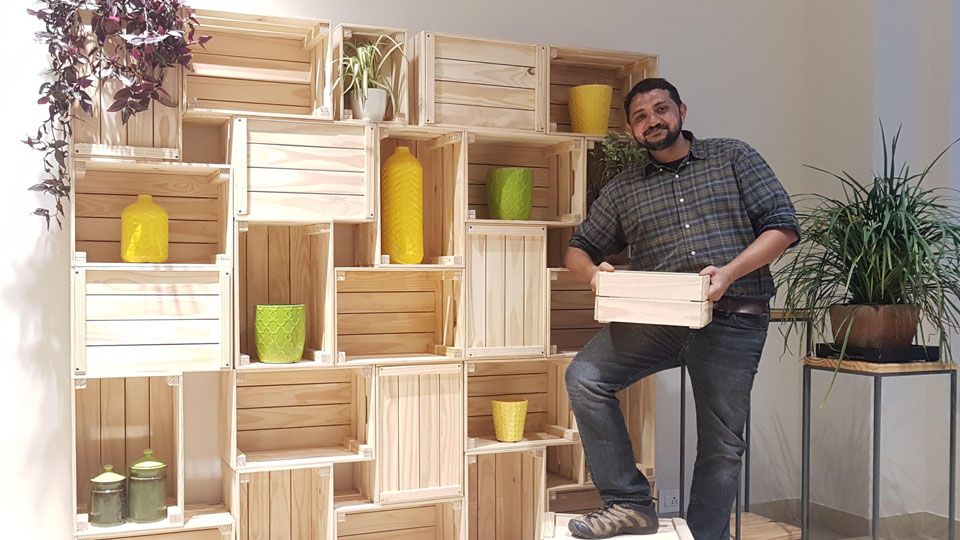
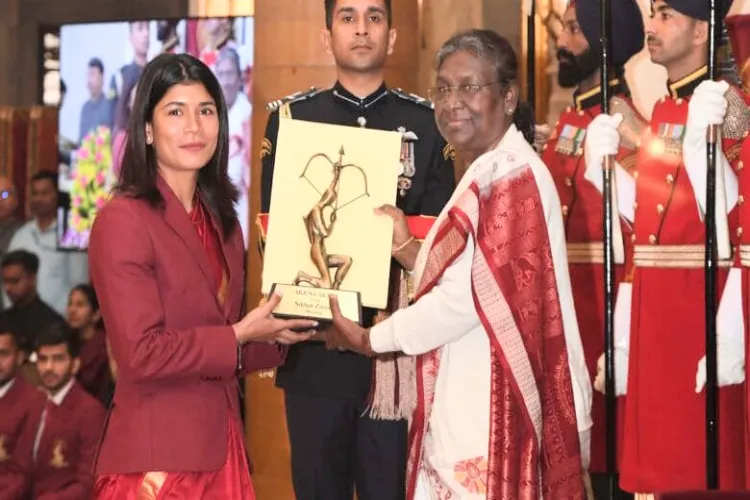
.webp)
